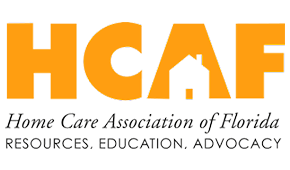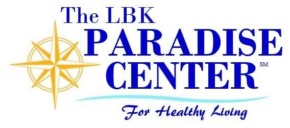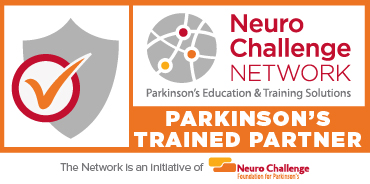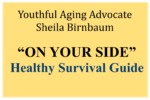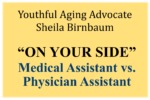It is crucial to know the signs that your parents need help at home.
We understand talking to your parents about this sensitive subject is not easy, but the potential risk of delaying could be far more difficult to deal with.
Often the first indicators children notice are changes at home. Some examples that we have seen are Mail piling up, spoiled food or well past expiration dates, dishes linger in the sink, bills go unpaid and prescription bottles remain full. Neatnik parents now live with clutter everywhere and routine maintenance or cleaning around the house are neglected.
A second indicator involves changes in your parents themselves including weight and eating habits. Cupboards may be emptier than usual with less fresh food on hand while Mom seems to crave lots of sweets and shun healthier choices. Your dapper Dad now wears the same clothes repeatedly and is noticeably skipping showers and neglecting oral hygiene or other personal care. Pet care may also suffer with empty water and food bowls, few walks or unchanged litter.
More seriously, bruises or wounds can indicate a parent has been falling. Burns and cuts may signal difficulty cooking safely. New dents and scrapes on their vehicle also are troubling signs.
Fortunately, when it comes to home care in Sarasota, Youthful Aging has innovative options for ensuring parents stay safe while remaining as independent as possible.
To determine whether an individual can continue living independently, our professionals in-home health care specialists use an index of six activities which seniors must be able to do on their own. These include eating, bathing and personal hygiene, dressing, toileting, continence, and walking and transferring to/from a bed or chair without someone’s assistance. A third area to evaluate is mental status. Are there noticeable changes in memory, mood or personality? Some signs are obvious while others may be more subtle. Difficulty or confusion when doing familiar tasks like laundry and having trouble finding their way back home when walking or driving send a clear message. Missed appointments or lost wallets and other important items also may indicate more serious problems. Other signs can be more subtle. Having less energy, short tempers, mood swings and lack of interest in things they once enjoyed can also be signs that in-home health care assistance would be beneficial.
When it comes to helping aging parents find the right in-home health care, we will go over options ranging from simple assistance with activities of daily living to comprehensive care. Comprehensive home care also includes professional support for health, wellness, lifestyle and dementia. Staying at home with a good quality of life may require support beyond the basics. It means thinking beyond traditional models of care that are designed to manage the progressive decline that forces many seniors into institutional living. A more progressive approach may fit the needs of parents who want to take more control of the basic factors that lead to frailty and cognitive decline. Collaboration between physicians and home nursing professionals can help individuals modify those factors by managing chronic health issues such as high blood pressure, cardiovascular disease, and diabetes. Appropriate lifestyle changes in diet and exercise can make a marked difference in retaining the best quality of life possible.
Youthful Aging Home Care has additional wraparound-style senior home care services with massage therapists, personal trainers, healthy chef-cooked meals and can help find other service providers as needed. We offer pet care because we never lose sight of what helps bring joy to someone’s life like the companionship of a beloved pet.



